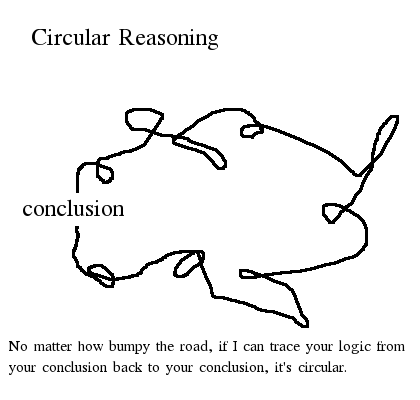Nice to hear from someone who was on the front lines of this industry and can also look inside the boxes and figure out where the magic smoke is hidden.
While I agree that it's very difficult to know exactly how any individual audio component will sound in each unique listening space, we should at least concede that, although there might be an exception, in general if a CD player or D/A converter sounds better than three or four other CD players or D/A converters in one space, it's likely to repeat that performance against the others in any other space. Ditto cables, sources preamps and amps.
Speakers and maybe power cords could be the exception because speakers are really dependent on so many external influences from amp choice to positioning to room treatment that they could be an entire different category. And power cords, well, without starting a debate (please don't... open a new thread) it really depends on what's coming into the house, which is a factor beyond the average homeowner's control.
My ideal real world review room would be set up like a typical living room with the ability to mimic the ideal room (with all the treatments) but quickly convert into a real world room with all the treatments able to be quickly removed.
Another thing it should have for reviews is a wall made out of speaker cloth so all the comparisons would be as free of bias as possible. The system is set up behind the cloth by a tech who does not weigh in on the review. So not a perfect double blind situation, but at least it's free of brand bias.
So far the only people I have heard that have strong objections to blind reviewing are reviewers, fanboys and some manufacturers. I have yet to hear an argument against it that makes any sense.





